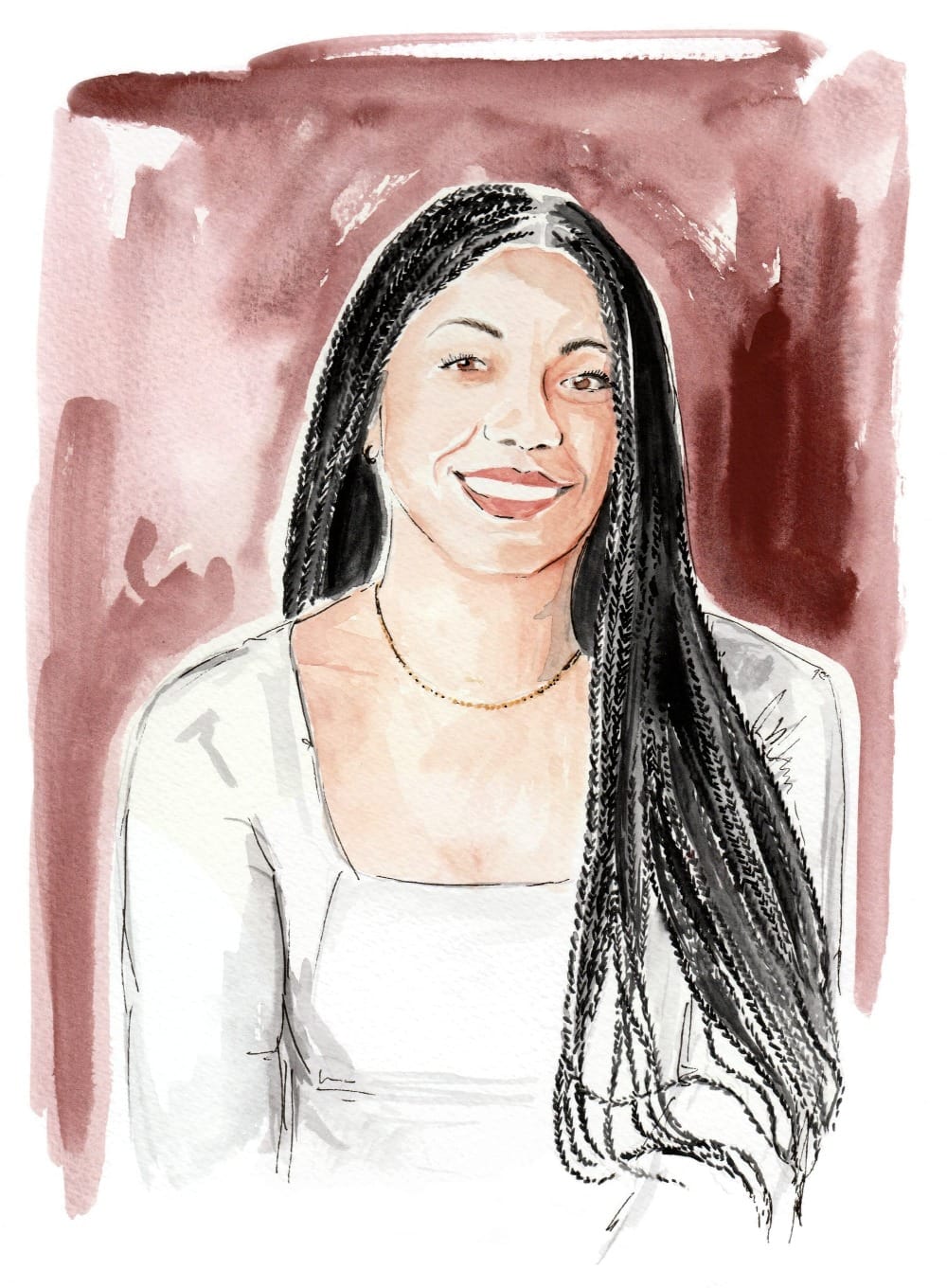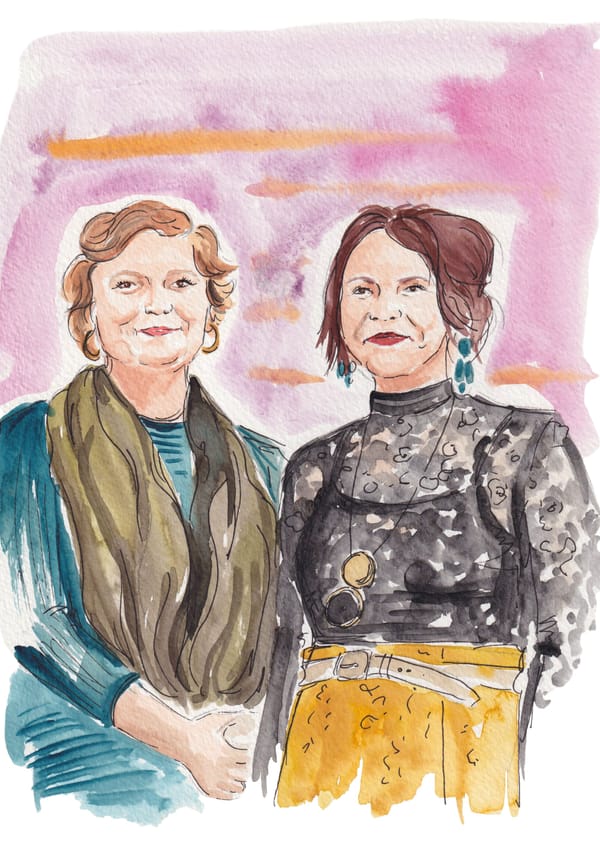The Missing Stories of Missing Women
The journalist Charlie Brinkhurst-Cuff was an intern when she learned how newsrooms decide which missing person cases they cover. Now she wants to find a way to change it.

Charlie Brinkhurst-Cuff was working on the news desk at a London-based paper one day in 2014 when a news editor rushed in. “He said, ‘Guys, we’ve just had a story come in. This girl’s gone missing: She’s white, she’s pretty and she’s middle class. Our readers are going to love her.’”
The brazenness of her boss’s statement shocked Brinkhurst-Cuff. “I was sitting there in this all-white newsroom thinking, oh wow, they say that kind of stuff out loud?”
In the U.K., 170,000 people go missing each year. But the media covers only a fraction of the cases, raising important questions about whose story gets covered, and why.
The situation in the newsroom that day was a perfect example of “missing white woman syndrome,” a term coined by the late U.S. journalist Gwen Ifill to explain why missing white women receive so much news coverage in comparison to others.
Four years later, Brinkhurst-Cuff was able to put the theory to the test when two murders happened around the same time in the UK: Joy Morgan, a young Black student and Libby Squire, a young white student.
Would the two women, Brinkhurst-Cuff wondered, get equal coverage?





